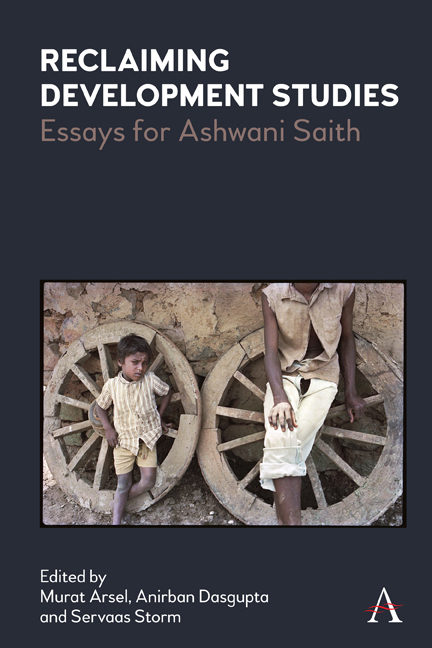Chapter Five - Labour Laws and Manufacturing Performance in India: How Priors Trump Evidence and Progress Gets Stalled
Published online by Cambridge University Press: 23 February 2022
Summary
One of my greatest pleasures in writing has come from the thought that perhaps my work might annoy someone of comfortably pretentious position. Then comes the saddening realization that such people rarely read.
–Galbraith (1981, 30–31)Laws Created to Help Workers Often Hurt Them
A most effective rhetorical weapon, as Albert Hirschman (1991) argued in an essay written in response to the triumphant neo-conservatism of the 1980s, is the ‘perversity trope’ – the claim that some purposive intervention to improve some feature of the political, social or economic order only serves to worsen the condition one wishes to ameliorate. Examples of this standard trope are by now well known: ‘welfare’ impoverishes people, affirmative action disenfranchises minorities or antitrust policy just destroys competition. In development economics, the ‘perversity trope’ is perhaps most often invoked to discredit pro-worker labour laws, which are portrayed as ‘luxuries developing countries cannot afford’. The idea is that laws governing wages and working conditions or facilitating collective bargaining must raise labour costs and prices, hence bring damage to business profits and firm investment, and in so doing destroy the exact jobs they were intended to protect. ‘Laws created to help workers often hurt them’ is how the World Bank (2008, 8) sums it up. This particular ‘perversity trope’ has been invoked numerous times in the Indian debate on the impacts of labour market regulation on registered manufacturing performance that has been raging for decades (Bhattacharjea 2006; Schrank 2014; Srivastava 2016; Storm and Capaldo 2018; Karak and Basu 2019). To justify policies of labour market deregulation, successive Indian governments, of varying political colours, have claimed that India's ‘archaic’ and ‘restrictive’ labour regulation in registered manufacturing hurt industrial performance – the recent anti-labour reforms by the Bharatiya Janata Party (BJP)-led government of Narendra Modi are only the latest manifestation of what has been standard policy since at least the mid-1980s.
‘Useful’ economists (per Galbraith 1973) have often been more than willing to buttress the ‘perversity theses’ by providing empirical evidence in its support. No economists have been more useful in propagating the claim that pro-worker labour regulation ends up hurting workers in India than London School of Economics (LSE) economists Timothy Besley and Robin Burgess.
- Type
- Chapter
- Information
- Reclaiming Development StudiesEssays for Ashwani Saith, pp. 85 - 112Publisher: Anthem PressPrint publication year: 2021

